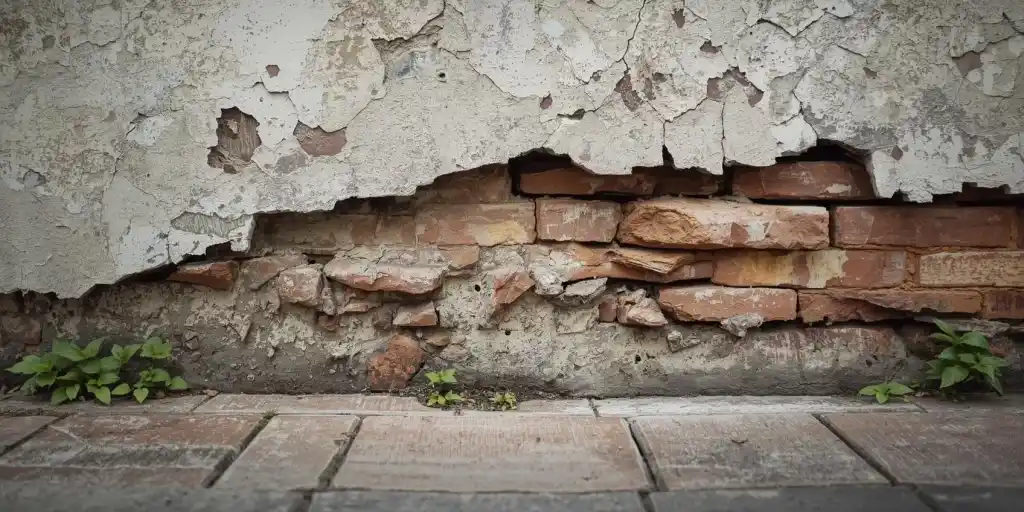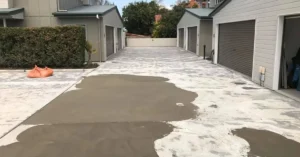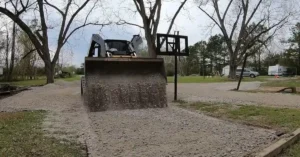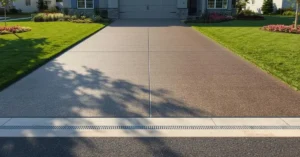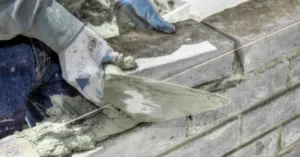Many homeowners worry when they notice cracks in their brick foundations. Cracks may appear small, but they can grow into big issues fast. A cracked foundation can lead to water leaks and structural damage. The soil around a home often shifts with wet or dry weather changes. Shifting soil puts pressure against the foundation walls, and bricks move. Over time the force can cause cracks that weaken the house structure. Some cracks are harmless, but others signal deeper foundation problems needing help. This is where brick foundation repair becomes very important for homeowners. Early repair can save time and money while protecting property value long-term. Knowing the causes and solutions is the first step to protection.
Common Reasons for Brick Foundation Damage
Brick foundations can crack for several common reasons most people overlook daily. Poor drainage often pushes water against bricks and weakens their strength. Consistent rain or snow can also cause soil expansion around house foundations. Expanded soil presses against brick walls until the material begins to separate. Mouton Concrete & Masonry has seen many homes suffer from this issue. Another reason is poor construction, where bricks were not set correctly together. Earthquakes or nearby heavy construction work can shake the soil around bricks. Freezing and thawing cycles also put repeated stress on foundation walls. Each cause adds pressure that bricks cannot handle over long periods. Knowing the cause helps find the right method for brick repair. Regular inspection by experts is always helpful in preventing bigger problems.
Signs That Indicate Your Brick Foundation Needs Repair
A homeowner can look for warning signs before damage grows too severe. Horizontal cracks across brick walls are often serious signs of trouble. Vertical cracks may be less dangerous but should still be checked quickly. Diagonal cracks near windows or doors often signal foundation settlement problems. Bowing or leaning brick walls show that soil pressure is getting worse. Uneven floors inside a house can connect back to foundation damage issues. Sticking doors or windows may also point to foundation movement underneath. Water seepage through basement walls usually means the foundation is compromised. Mold or musty odors can develop when water enters through broken bricks. Exterior mortar crumbling between bricks is also an early visible indicator. Acting fast with brick repair prevents issues from spreading further.
Methods Professionals Use for Brick Foundation Repair
Experts use several techniques depending on the type of crack discovered. Epoxy injections are often applied to seal small cracks in brick walls. Larger cracks may need polyurethane foam that expands and fills all gaps. If soil pressure is the main cause, wall anchors may be required. Wall anchors hold bricks steady and prevent future bending or collapsing issues. In some cases steel beams are added to give extra wall support. Masonry repair may include places where mortar joints are carefully replaced. Drainage systems around the home may be adjusted to direct water away. Concrete piers under the house may also stabilize sinking foundations securely. Professional teams know which method works best for every unique situation. Skilled brick foundation repair restores safety and strength to a home foundation.
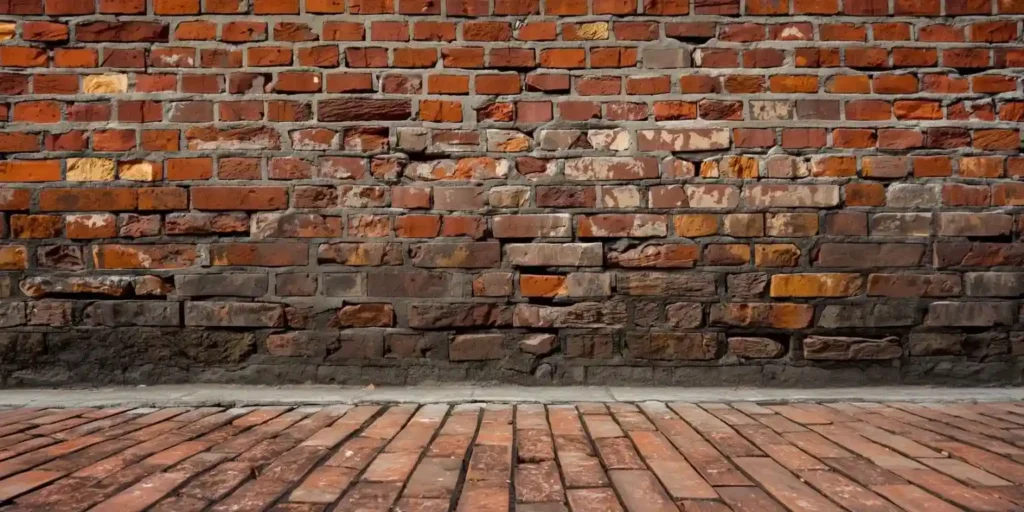
Preventive Measures to Avoid Brick Foundation Cracks
Prevention is often the best way to protect homes from costly repairs. Homeowners should always check for standing water around their house after rain. Gutters and downspouts must be kept clear so water flows away smoothly. Landscaping should be sloped properly so soil directs water away safely. Planting large trees too close can cause root pressure against foundations. Seasonal inspection of mortar between bricks helps catch damage early. Waterproof coatings can be added to basement walls for extra protection support. Keeping soil moisture balanced reduces risks of shrinkage or heavy expansion nearby. Heavy loads near foundation walls should always be avoided when possible. Small cracks should be sealed immediately before they grow into larger issues
Frequently Asked Questions
1. Can I repair a cracked brick foundation by myself at home?
Small cracks may be filled, but large repairs always need professionals.
2. How long does professional brick foundation repair usually take overall?
Most repair projects finish in one to two weeks depending on damage.
3. Will foundation cracks return even after a professional repair service?
If soil issues remain, cracks can return, so prevention is very important.
4. When is the best season to schedule brick repair?
Dry seasons are best since wet conditions can delay masonry repair work.
Final Thoughts on Protecting Your Brick Foundation
Cracks in brick foundations should never be ignored by responsible homeowners. Early repair prevents more serious structural damage that could cost more later. Professional inspection is always a smart investment to avoid sudden foundation failure. Every homeowner should watch for signs like cracks water leaks or mold growth. Taking preventive steps like drainage control saves money and provides peace of mind. Reliable experts such as Mouton Concrete & Masonry provide trusted repair solutions today. Their teams understand how to fix problems quickly while securing property safety. Brick foundation repair not only protects houses but also increases long-term value. A strong foundation supports every part of a home for generations ahead. Taking action now ensures safety comfort and confidence in your home’s future.

